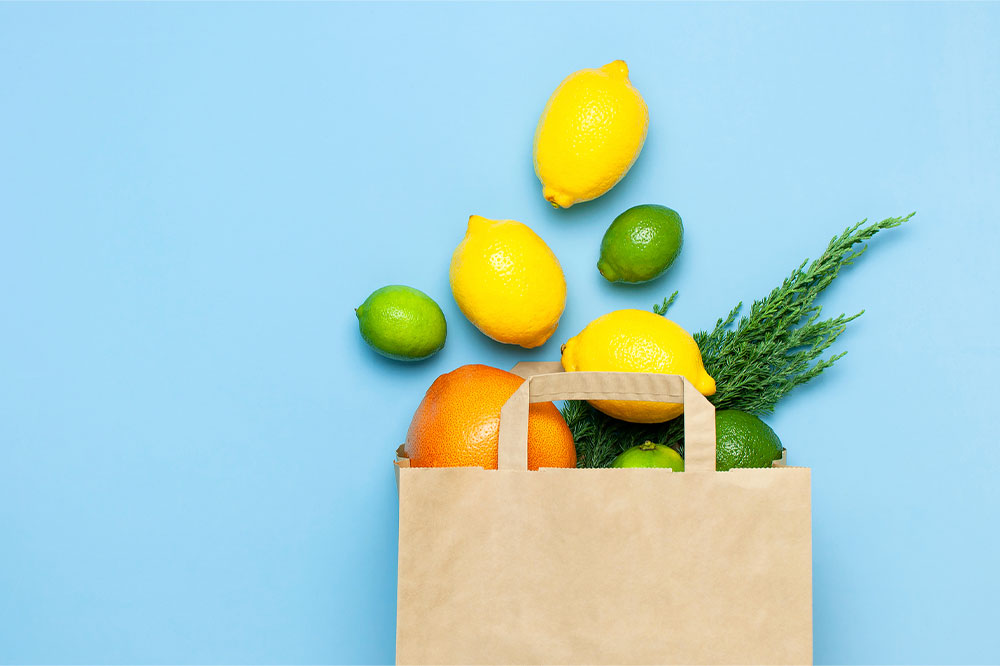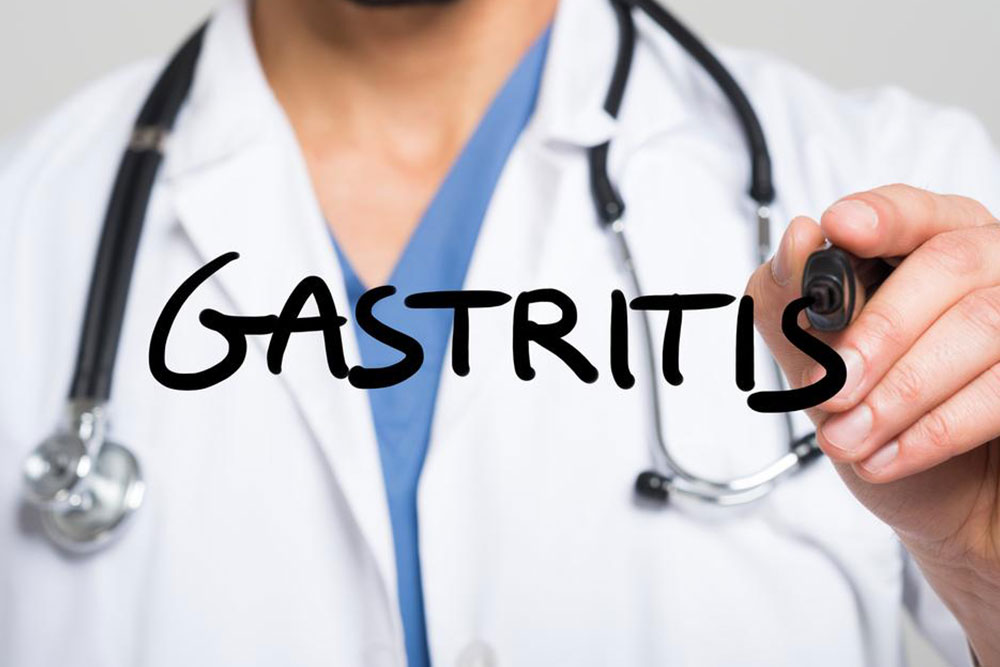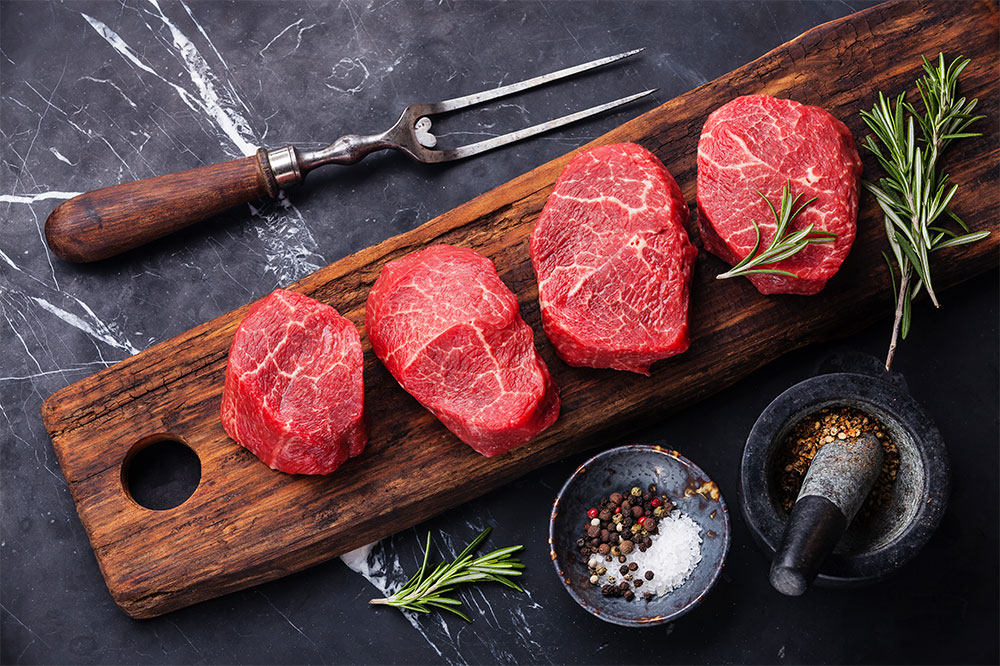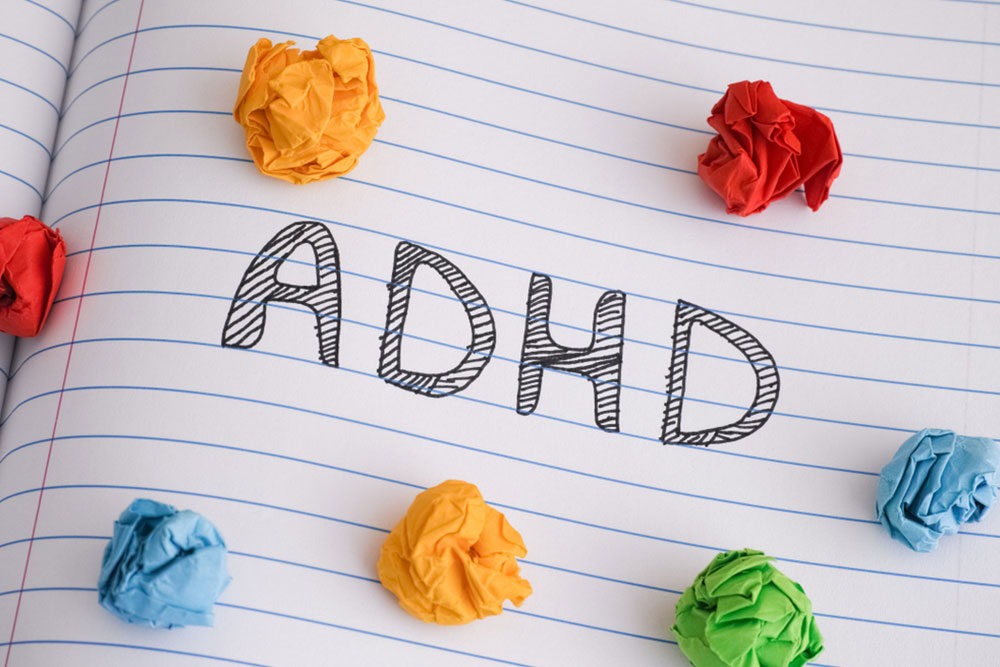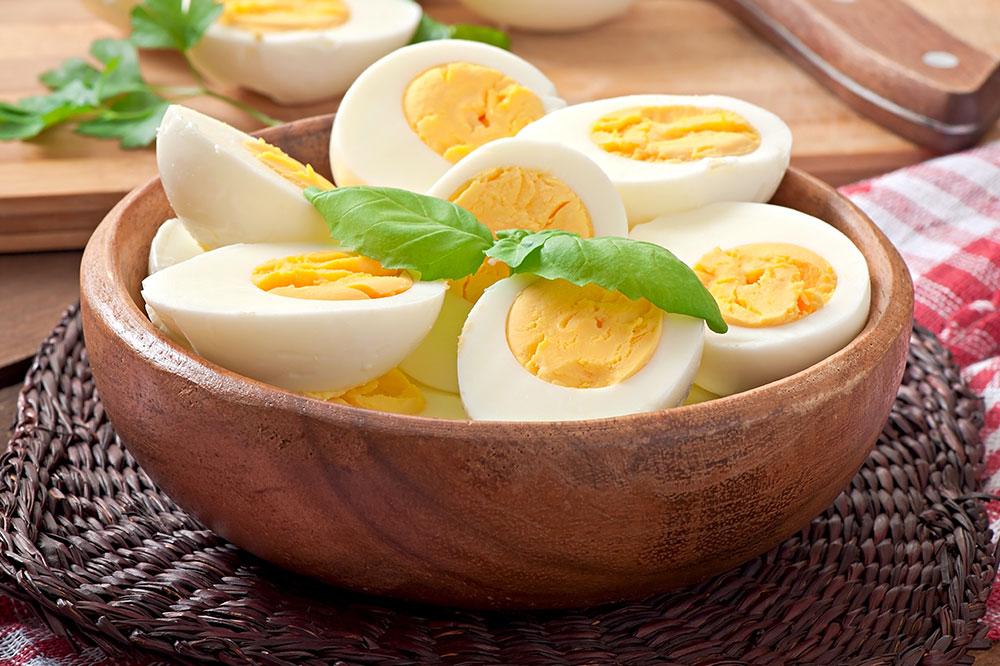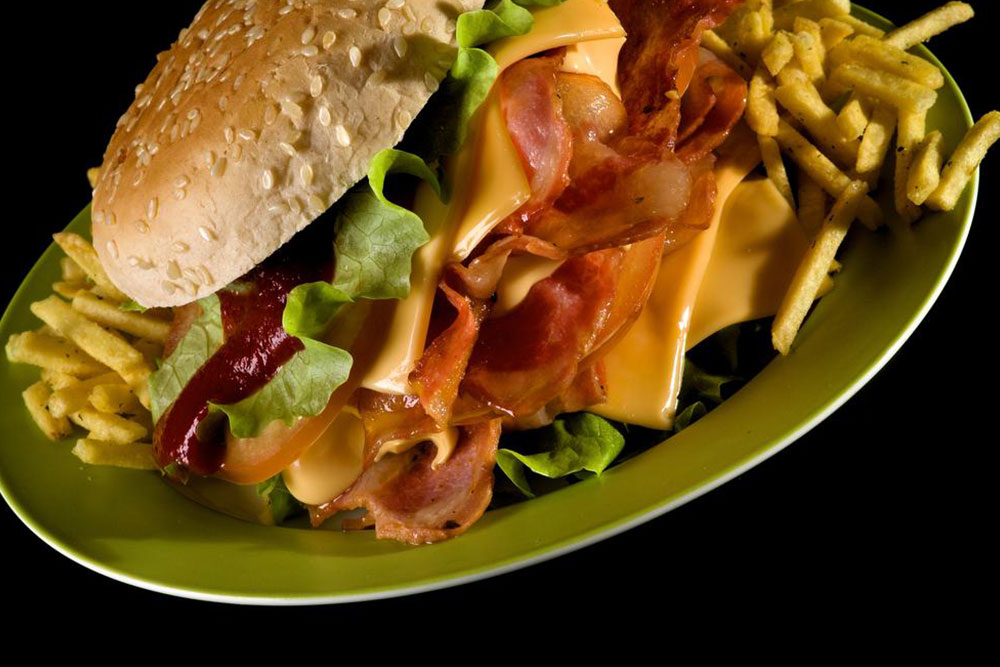Foods That Can Worsen Iron Deficiency Anemia
Discover how certain foods can worsen iron deficiency anemia by inhibiting iron absorption. Learn which foods to limit and how to improve your diet for better iron levels and symptom relief. This guide highlights the impact of tea, dairy, tannins, phytates, and oxalates, providing practical tips for managing anemia effectively.
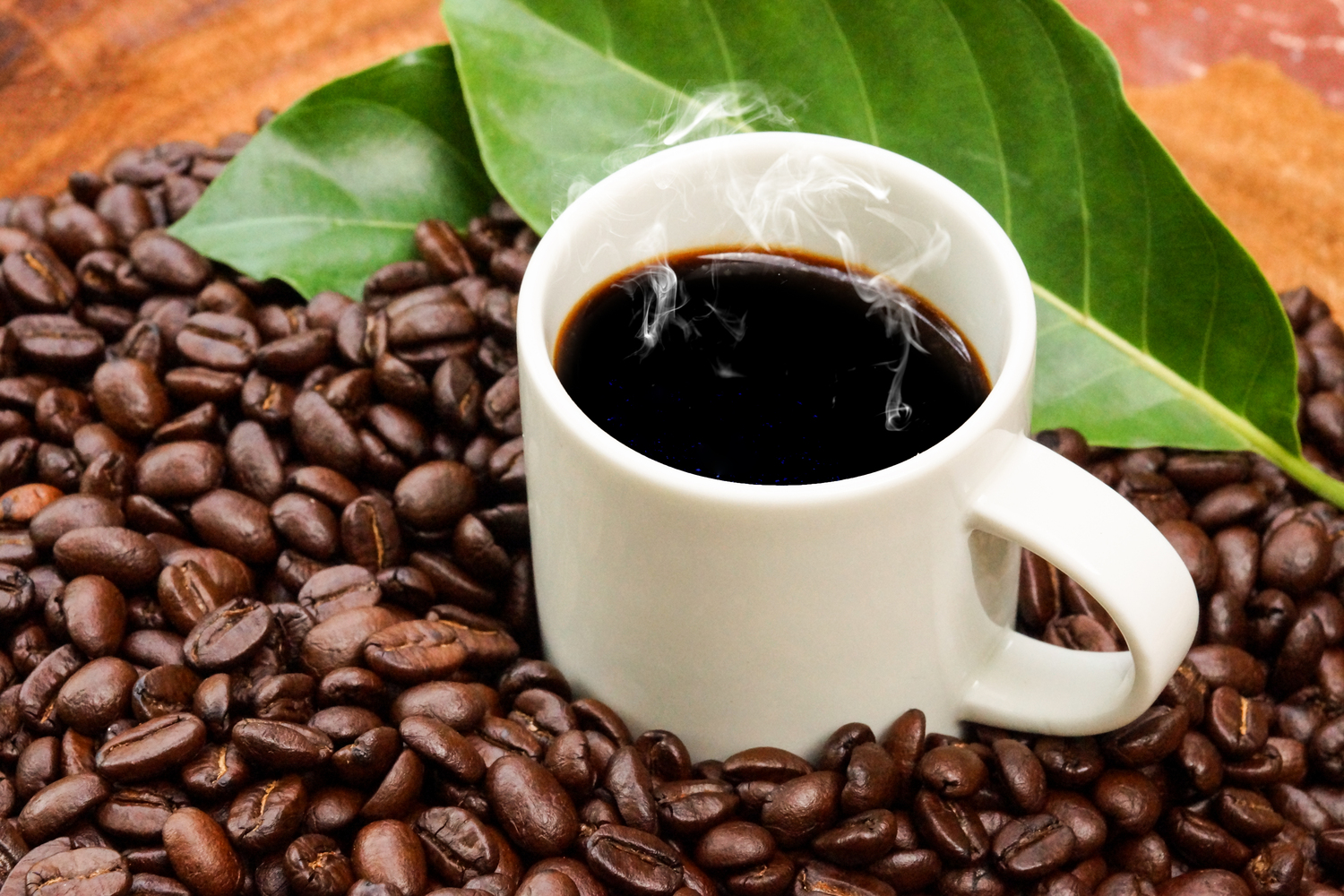
Foods That Can Contribute to Iron Deficiency Anemia
Anemia occurs when the body lacks sufficient red blood cells, leading to symptoms such as persistent fatigue, breathlessness, muscle cramps, dizziness, and cold extremities. Iron deficiency is the most common type, often resulting from inadequate dietary iron. To boost iron levels, include foods like fish, red meats, poultry, dark chocolate, beans, nuts, and seeds. However, certain foods can hinder iron absorption and exacerbate anemia symptoms, so it’s important to identify and limit them.
1. Tea and Coffee
These caffeinated drinks contain compounds that block iron absorption, potentially worsening anemia symptoms. It's advisable to avoid consuming tea and coffee with meals. If you still wish to enjoy these beverages, drinking them between meals rather than with food can help improve iron uptake by up to 40%.
2. Dairy Products
Milk, yogurt, cheese, and other dairy items contain calcium, which can interfere with the absorption of non-heme iron from plant-based foods like greens. Consuming high-calcium foods alongside iron-rich meals may reduce iron absorption and contribute to deficiency.
3. Tannin-Rich Foods and Drinks
Foods such as grapes and corn, along with beverages like tea and red wine, contain tannins that inhibit iron absorption. It's best to limit these during mealtime, especially black tea, which has higher tannin levels compared to green or white teas. Canned beans tend to have fewer tannins than dried, cooked ones.
4. Foods High in Phytates
Phytates, found in whole grains, seeds, nuts, and legumes, can reduce iron absorption by binding to minerals like iron, calcium, and zinc. While reducing phytate intake may enhance mineral absorption, completely avoiding these foods isn't necessary; choosing lower-phytate options, such as roasted soybeans over boiled, can be beneficial.
5. Oxalate-Rich Foods
Spinach, chard, cocoa powder, and tea are high in oxalic acid, which significantly inhibits iron absorption from plants. Limiting these foods can help improve iron levels, especially in individuals already dealing with deficiency.
In summary, certain foods can aggravate iron deficiency anemia by impairing iron absorption. Maintaining a balanced diet and avoiding these triggers can support better iron levels and symptom management.

